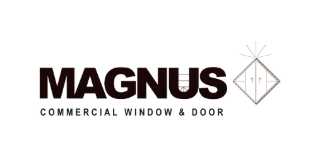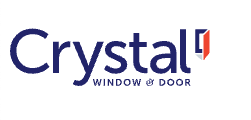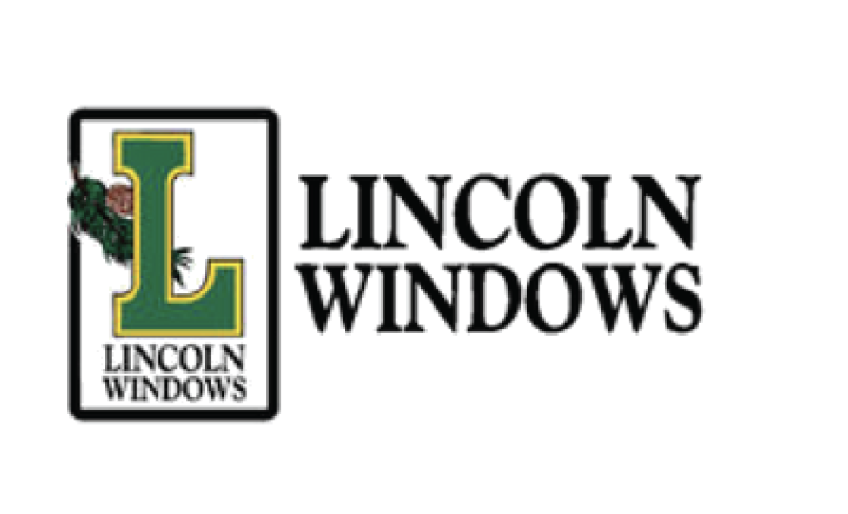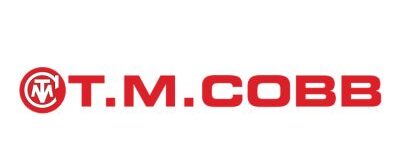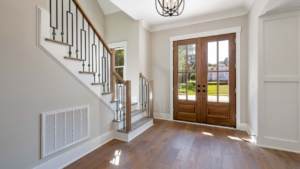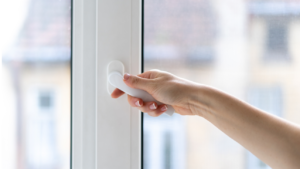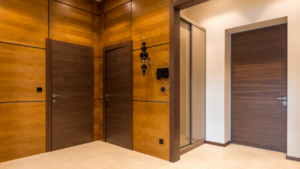Safety glass is crucial in modern construction, providing enhanced durability and protection in residential and commercial settings. Whether you’re a homeowner looking to upgrade your windows or a business owner needing secure storefronts, understanding the benefits and applications of safety glass is essential. In this article, we’ll explore the different types of safety glass, their benefits, and where they can be effectively used.
What is safety glass?
Safety glass is glass designed to reduce the risk of injury upon breakage. Unlike regular glass, safety glass is treated to either hold together when shattered or break into small, harmless pieces. The two primary types of safety glass are tempered glass and laminated glass.
Tempered Glass
Tempered glass, or toughened glass, is created by heating regular glass to high temperatures and then rapidly cooling it. This process increases its strength and makes it four to five times stronger than untreated glass. When broken, tempered glass shatters into small, blunt pieces that are less likely to cause injury.
Benefits of Tempered Glass
- Enhanced Safety: Shatters into small, blunt pieces, reducing injury risk.
- Thermal Resistance: Can withstand higher temperatures, making it ideal for areas exposed to heat, such as fireplace screens and oven doors.
- Versatility: Used in various applications, including windows, doors, shower enclosures, and automotive windows.
Laminated Glass
Laminated glass consists of two or more layers of glass bonded together with an interlayer, usually made of polyvinyl butyral (PVB). This interlayer holds the glass pieces together when broken, preventing them from scattering and causing injury.
Benefits of Laminated Glass
- Safety: Holds together when shattered, preventing shards from causing harm.
- Sound Insulation: Offers superior sound insulation due to its layered structure.
- UV Protection: Blocks many ultraviolet rays, protecting interiors from sun damage.
- Security: More resistant to break-ins, making it ideal for security applications in both residential and commercial settings.
Applications of Safety Glass
You can use safety glass in the following capacities.
Residential Glass
Safety glass is a valuable addition to any home. It enhances safety, energy efficiency, and noise reduction. Common residential applications include:
- Windows and Doors: Provides added safety and security, particularly in areas prone to impact.
- Shower Enclosures: Tempered glass is often used to prevent injury in case of breakage.
- Skylights: Laminated glass is preferred for skylights to prevent glass from falling into the home if broken.
Commercial Glass
In commercial settings, safety glass is essential for protecting property and occupants. Applications include:
- Storefronts: Provides security and shatter resistance, making it harder for intruders to break in.
- Office Partitions: Laminated glass offers sound insulation and safety in high-traffic areas.
- Public Buildings: Used in windows and doors to meet safety regulations and protect the public.
Choosing the Right Safety Glass
When selecting safety glass for your property, consider the specific needs of your space:
- Location: Determine if the glass will be exposed to impact, heat, or UV rays.
- Purpose: Choose tempered glass for areas where breakage could cause harm and laminated glass for enhanced security and sound insulation.
- Regulations: Ensure the glass meets local building codes and safety standards.
Connect with Your Neighborhood Tashman Team Today!
Safety glass is a critical component in both residential and commercial construction, offering numerous benefits that enhance safety, security, and comfort. Whether you’re upgrading your home’s windows or securing a commercial storefront, Tashman Home Center will help you make informed decisions.
Contact us by filling out this online form or call a member of our sales team at (323) 656-7039 to set up a free consultation or request a no-obligation quote.
